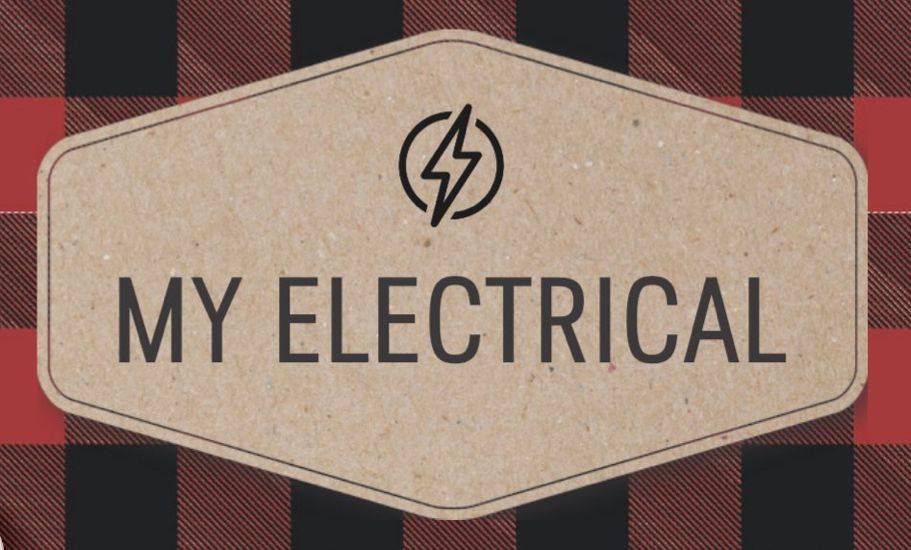The Benefits of Smart Home Wiring for Energy Efficiency in Canada
Understanding Smart Home Wiring
In recent years, smart home technology has revolutionized how we interact with our living spaces. A key component of this technological evolution is smart home wiring, which provides a robust infrastructure for integrating various smart devices seamlessly. In Canada, where energy efficiency is a priority, smart home wiring offers numerous benefits that help homeowners reduce energy consumption and lower utility bills.

The Role of Smart Home Wiring in Energy Management
Smart home wiring enables the integration of energy-efficient systems, such as smart thermostats, lighting controls, and energy monitors. These devices communicate with each other to optimize energy usage based on your preferences and occupancy patterns. By having a centrally managed system, homeowners can automate their energy consumption, ensuring that lights and appliances are only active when needed.
For instance, a smart thermostat can learn your daily routine and adjust heating or cooling systems accordingly, reducing energy waste. This is particularly beneficial in the Canadian climate, where temperature extremes can lead to high energy use.
Key Benefits of Smart Home Wiring
There are several advantages to implementing smart home wiring for energy efficiency:
- Cost Savings: By optimizing energy usage, homeowners can significantly reduce their electricity bills.
- Environmental Impact: Reduced energy consumption leads to a smaller carbon footprint, contributing to environmental conservation.
- Enhanced Comfort: Smart systems ensure that your home is always at the optimal temperature and lighting level.

Smart Lighting Solutions
Lighting is another area where smart home wiring can make a substantial difference in energy efficiency. Smart lighting systems allow homeowners to control lights remotely, set schedules, and use motion sensors to turn lights on or off based on room occupancy. This reduces unnecessary energy use and enhances the convenience of managing your home’s lighting.
Additionally, smart bulbs are often LED-based, which consume significantly less power than traditional incandescent bulbs, further contributing to energy savings.
Integrating Renewable Energy Sources
Smart home wiring can also facilitate the integration of renewable energy sources like solar panels. By connecting these sources to your smart grid, you can monitor and manage the power generated and stored efficiently. This not only reduces reliance on traditional energy sources but also maximizes the use of clean energy within your home.

Future-Proofing Your Home
Investing in smart home wiring is a step towards future-proofing your home. As technology advances and more energy-efficient solutions become available, having a smart wiring infrastructure ensures that your home can easily adapt to new innovations. This adaptability can increase the value of your property as more buyers seek homes equipped with modern technology.
Moreover, government incentives for energy efficiency improvements can make upgrading to smart home wiring even more attractive financially.
Conclusion
Smart home wiring offers numerous benefits for Canadian homeowners looking to enhance energy efficiency and reduce utility costs. From optimizing heating and cooling systems to integrating renewable energy sources, this technology provides a comprehensive approach to managing home energy consumption. As environmental concerns continue to grow, embracing smart home solutions is not just a trend but a necessary step towards sustainable living.
